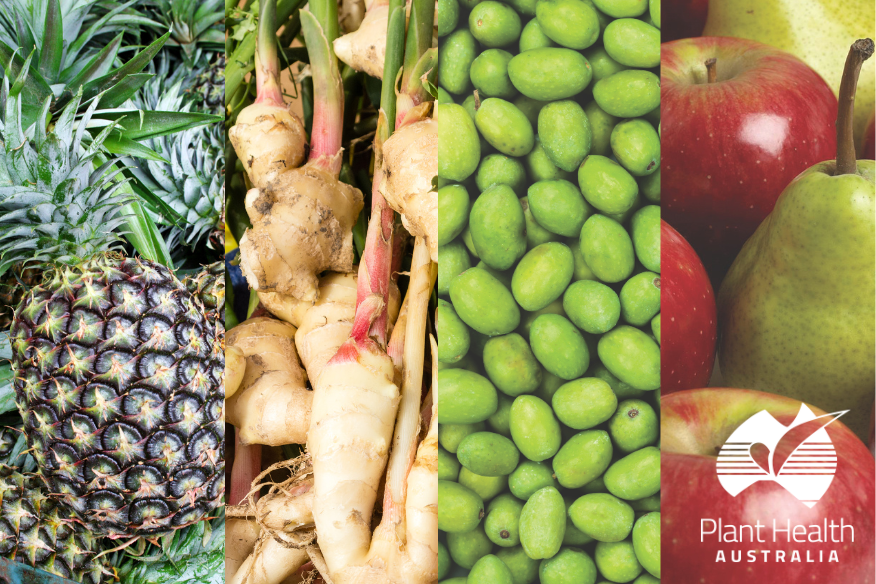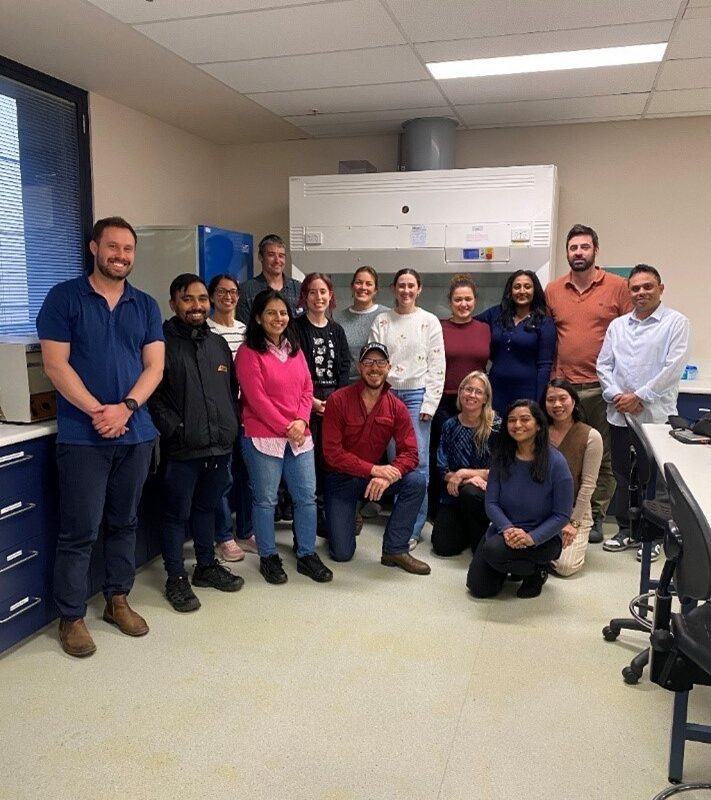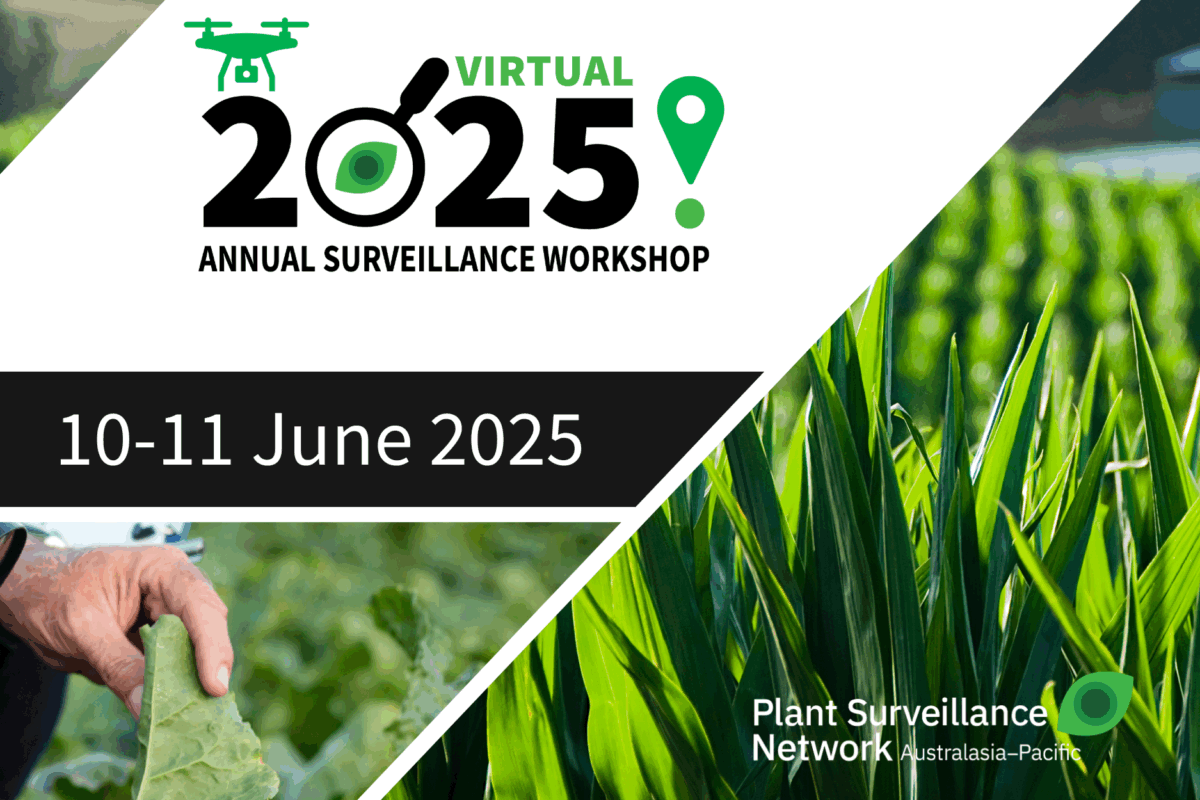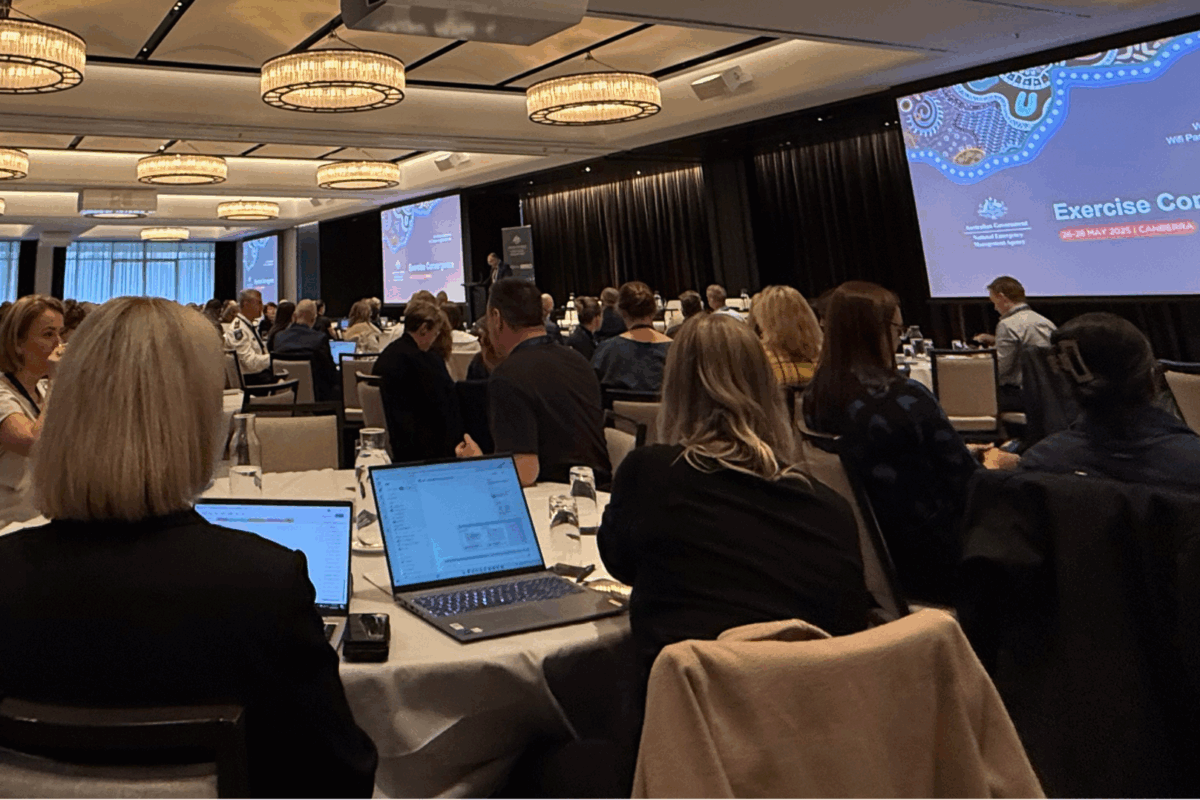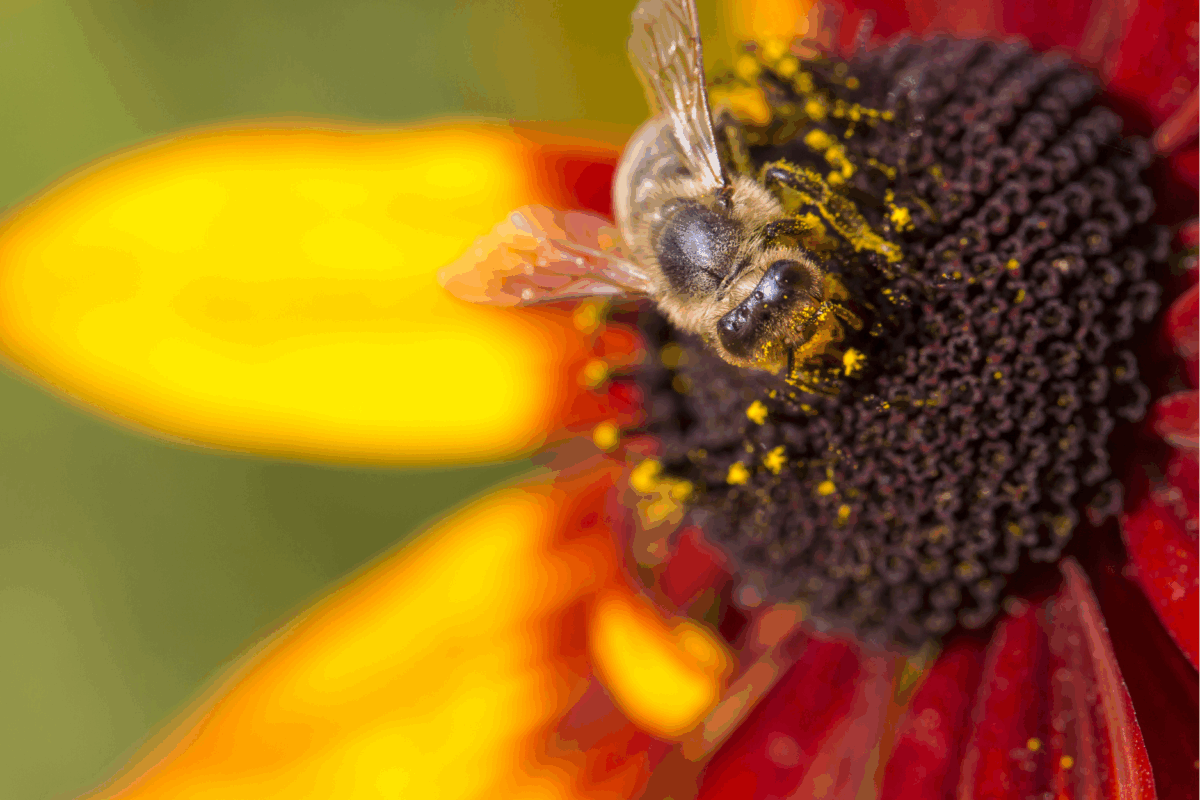PHA leads biosecurity planning efforts to protect plant industries
Since early 2024, Plant Health Australia’s (PHA) Biosecurity Planning team successfully completed biosecurity planning projects and developed resources for nine different agriculture industries, and they plan to maintain this momentum.
The team is set to develop and update biosecurity resources for Australia’s plant industries in 2025, including new projects for the ginger, pineapple and olive industries. These projects aim to maintain the industry’s knowledge of current and emerging biosecurity threats and develop new resources to improve their biosecurity preparedness.
In 2024, biosecurity planning projects have been completed and resources developed for the following industries:
- apple and pear
- berry (blueberry, rubus and strawberry)
- citrus
- cotton
- lychee, papaya and passionfruit
- production nursery
- rice
- sugarcane
- tree nuts.
Biosecurity planning plays a vital role in improving the preparedness of Australia’s industries for exotic plant pest and disease threats. By proactively identifying risks and developing strategic plans, biosecurity measures help prevent the introduction and spread of harmful pests and diseases.
PHA engages with Member industry organisations and other industry partners on a rotational basis to develop, review, and update key documents. This includes delivering biosecurity plans, biosecurity manuals, and other extension resources to best reflect evolving threats, knowledge, practices and industry needs. These resources support these industries in identifying and addressing their most significant biosecurity threats.
Developing an effective Biosecurity Plan requires a collaborative approach between PHA, industry, and government. This enables experts to review emerging risks, evaluate current biosecurity efforts, and discuss future needs to improve biosecurity preparedness.
“We would like to thank our industry and government partners for their ongoing support,” said Stephen Quarrel, Manager, Biosecurity Planning. “Without their collaboration, these projects would not be possible.”
Read more about the Biosecurity Planning team’s work here.
